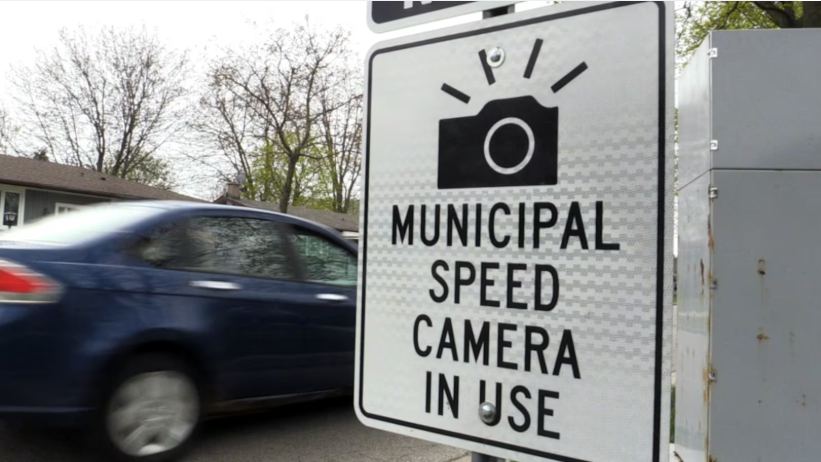Windsor city council will make a final decision on the Automated Speed Enforcement (ASE) program at their next meeting.
These devices will take a picture of speeding cars, and if a violation is confirmed, the vehicle owner will receive a ticket.
If approved, the five cameras would be placed in designated School Zones and rotated every two months.
According to the city's report, the program would operate on an administrative penalty system instead of the provincial offences system, which has been bogged down in backlogs across Ontario. Fines or appeals will go through a local system without involving the courts.
The city plans to lease the cameras from Jenoptik and could issue up to 23,000 tickets per year, depending on usage.
Kieran McKenzie, ward 9 councillor, says the cameras will be installed in School Zones, but could expand to other areas if needed.
"The areas where we think we already have the greatest number and highest concentration of road users, public right-of-way users, that are potentially vulnerable would be in School Zones. And obviously we know that particularly around the start of day, and at dismissal time, there's a lot of pedestrians and cyclists that are in a concentrated area at very specific times."
He says this program comes with a vision at improving public safety.
"The funds that will be utilized - at least this is the recommendation that has come from the standing committee - is that those funds be specifically utilized, any surplus funds that are generated through this enforcement measure, be utilized to improve traffic calming initiatives across the community."
He says a report will be presented to council after two years to review the program's success.
"We do want to get to a point where we do have enough data for it to be meaningful for us to really evaluate to see the extent of which it's effective in the ways that we would like for it to be effective," McKenzie explains. "So, i.e. speed reductions, reduction in any type of vehicular accidents, collisions between pedestrians and motorized vehicles, or cyclists, or whatnot. We just want to see an overall and net increase in public safety as a result of these investments."
If approved, the cameras are expected to be installed later this year.
It's estimated the program will cost $1.27-million a year, however once the devices are paid, the city would be able to generate revenue from the tickets that would then go into a dedicated reserve fund that would then be used for traffic calming measures.
The city will set the speed limit for tickets.
Enforcement will happen only when school zones are active, with options to pause during holidays, bad weather, or school breaks. At most, two cameras will be running at a time, with warning signs placed 90 days before enforcement starts.
Council will meet at 10 a.m. on Monday, April 14.

